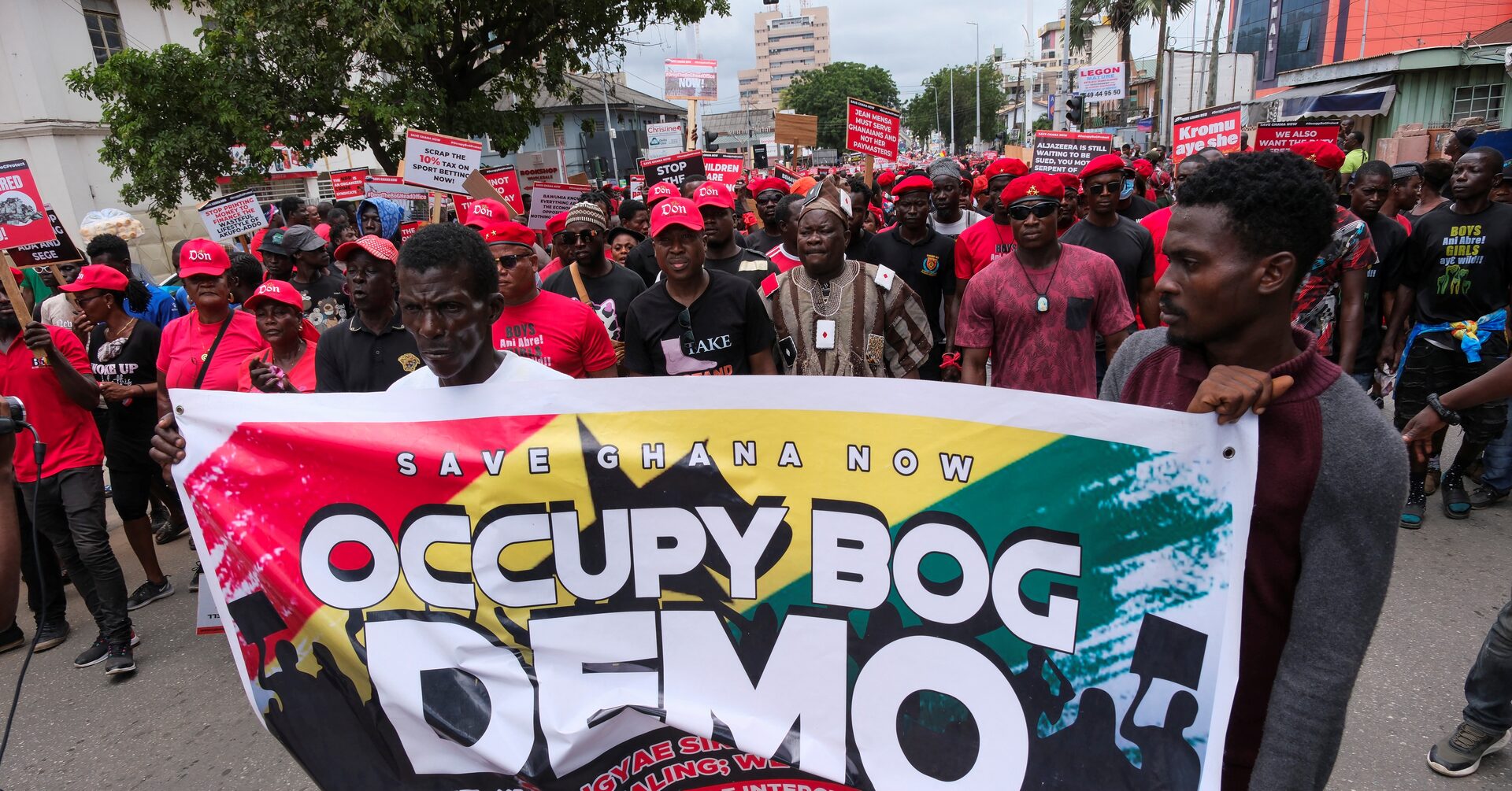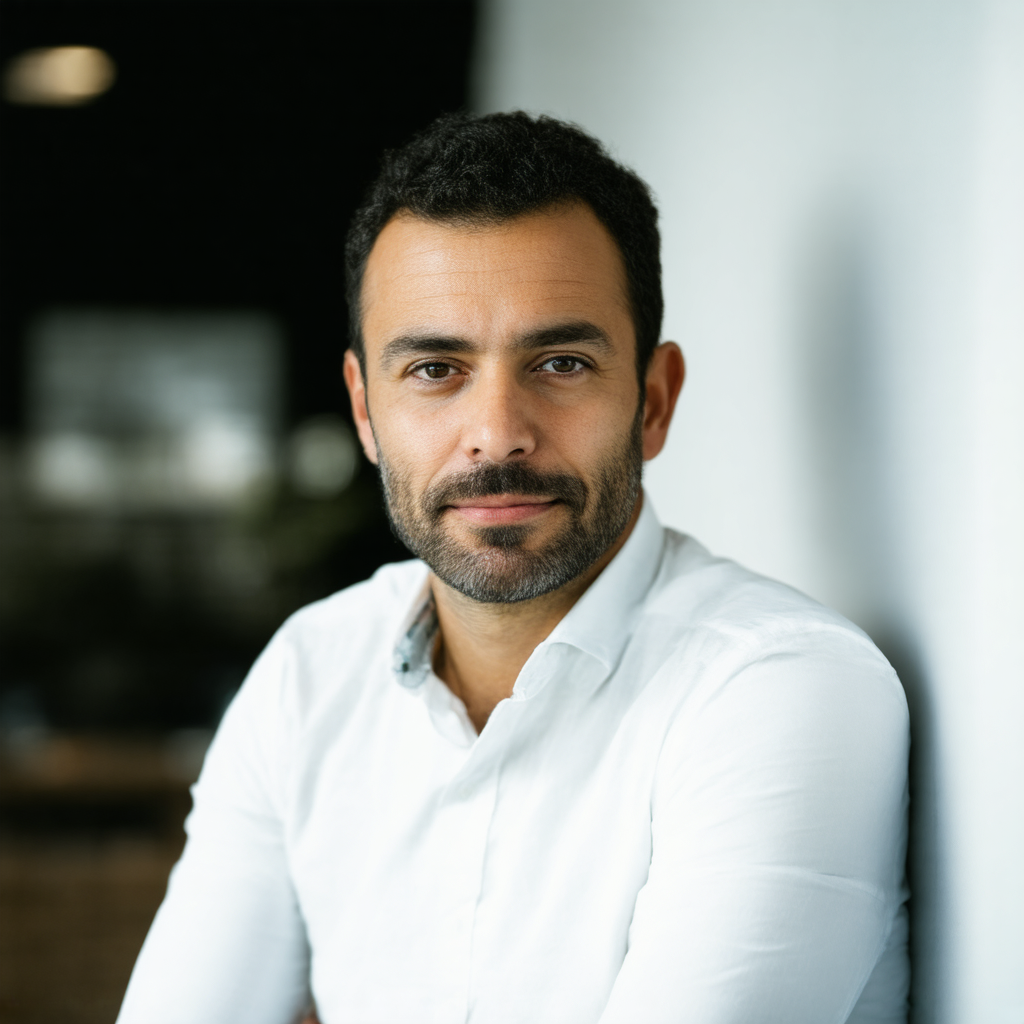
Protesters Demand Governor’s Resignation Amid Flood Tragedy and Systemic Neglect
In the heart of a region still reeling from the devastating effects of climate change, citizens have taken to the streets, their voices rising in unison against systemic neglect and inadequate governance. The floods that have ravaged communities are not just acts of nature but symptoms of a deeper rot—years of underinvestment, poor infrastructure planning, and a disconnect between those in power and those they serve.
The governor, whose name has become synonymous with failed leadership, faces an unprecedented challenge: the collective anger of a populace no longer willing to accept the status quo. Protesters, many of whom are young and energized by the promise of change, have made their demands clear: accountability, transparency, and action. They are not just seeking political change but a fundamental shift in how power is exercised and resources are allocated.
The floods, which have displaced thousands and destroyed livelihoods, serve as a stark reminder of the fragility of life in the face of climate crisis. But for many, the tragedy has been compounded by the systemic neglect that allowed such devastation to occur. Roads that should have been reinforced were left unattended, drainage systems that needed upgrading were ignored, and emergency response mechanisms were rendered ineffective.
Amid the chaos, a new movement has emerged—one that is not just about protests but about reimagining what governance can be. Young activists, armed with smartphones and social media, are documenting the struggles of their communities, amplifying their voices, and holding those in power to account. They are part of a broader shift across the region, where youth-led movements are challenging traditional hierarchies and demanding a seat at the table.
But the road ahead is not without its obstacles. The governor and his allies have dismissed the protesters as “agitators” and “outsiders,” painting them as threats to stability rather than agents of change. State machinery has been deployed to quell dissent, with reports of arbitrary arrests and intimidation tactics emerging from affected areas. Yet, despite these challenges, the movement persists.
For those on the ground, this is not just a political battle but a moral one. They see the floods as a metaphor for the larger crisis—of neglected infrastructure, lack of access to basic services, and the erosion of trust between citizens and their leaders. “We are not asking for handouts,” says one protester. “We are demanding that our government fulfill its basic duty: to protect us.”
As the rains continue to fall, the stakes could not be higher. The outcome of this struggle will determine whether a region can rebuild not just its physical infrastructure but also its social fabric—and whether a new generation can forge a future rooted in justice, equity, and hope.
In the words of one young leader: “This is our moment to redefine what it means to lead. We cannot afford to look away. The people are counting on us.” And as long as the waters rise, so too will the resolve of those who seek a better tomorrow.
About the Author:
Moses Ndung’u is Senior Reporter at our publication. Journalist and cultural commentator with a focus on African arts and youth movements. Moses has worked across East Africa, documenting the rise of contemporary art scenes and their global impact.
 Journalist and photographer with a focus on Middle Eastern youth and their cultural contributions. Aisha’s work bridges traditional and modern storytelling in the region.
Journalist and photographer with a focus on Middle Eastern youth and their cultural contributions. Aisha’s work bridges traditional and modern storytelling in the region. Writer and researcher specializing in Asian arts and migration stories. Bella’s work explores how young Asians are shaping global culture through their experiences.
Writer and researcher specializing in Asian arts and migration stories. Bella’s work explores how young Asians are shaping global culture through their experiences. Reporter with a background in investigative journalism, focusing on human rights and social justice. Luis has worked across Latin America and Europe, uncovering stories that resonate globally.
Reporter with a background in investigative journalism, focusing on human rights and social justice. Luis has worked across Latin America and Europe, uncovering stories that resonate globally. Sarah is a seasoned journalist with over 15 years of experience in global news and media. She has led teams in some of the world’s most challenging reporting environments, bringing a vision for storytelling that connects cultures and empowers voices.
Sarah is a seasoned journalist with over 15 years of experience in global news and media. She has led teams in some of the world’s most challenging reporting environments, bringing a vision for storytelling that connects cultures and empowers voices.